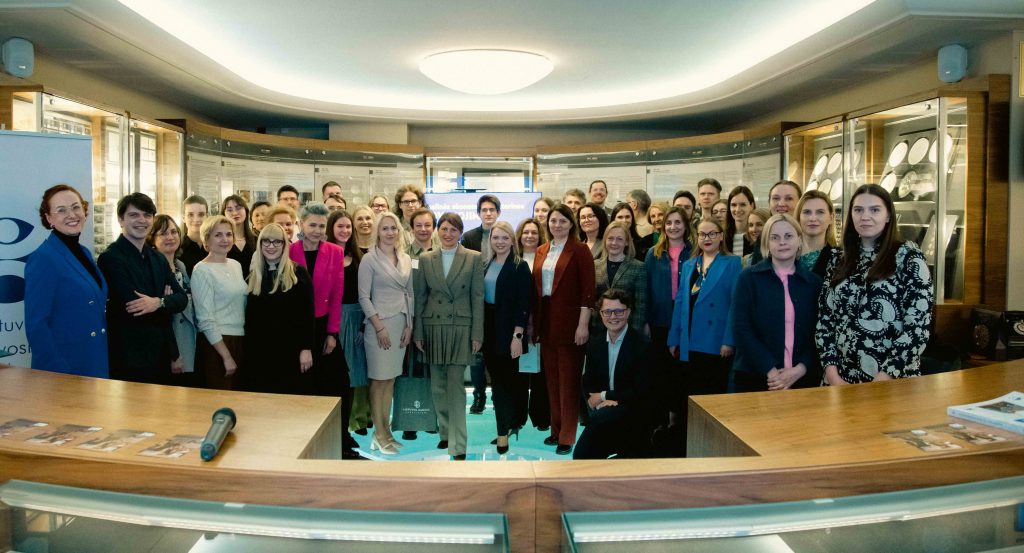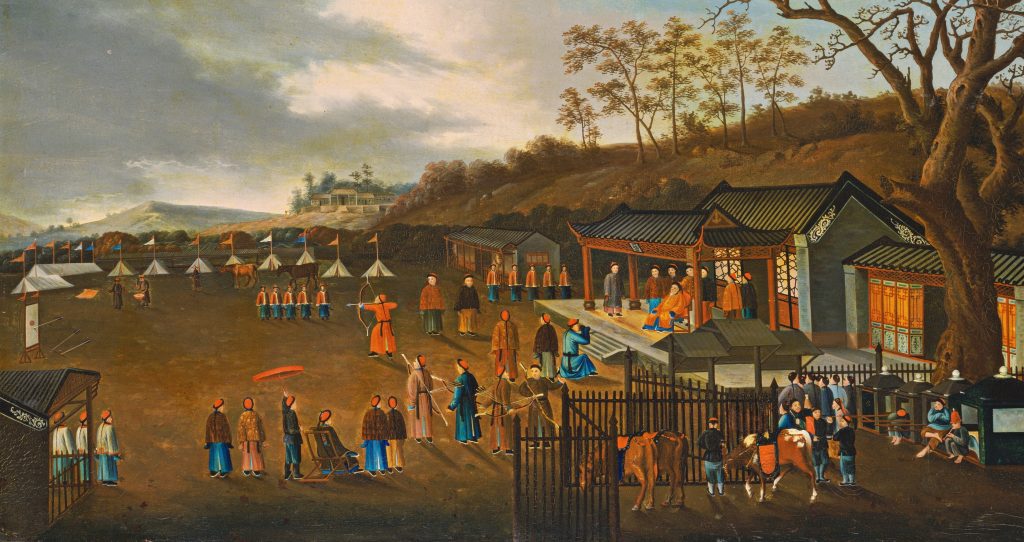
Fullness of Lack and Lack of Fullness: On Creative Approach to Present Challenges
BY
LFMI / September 25, 2024
We do not like to lack anything in our daily lives. We do not like scarcity. Or, to put it even more strongly – we hate it. But what would happen if scarcity disappeared, and we began to lack scarcity? It is also worth looking at scarcity from a philosophical, less quotidian point of view, which allows us, among other things, to see everyday life itself in a different light.












